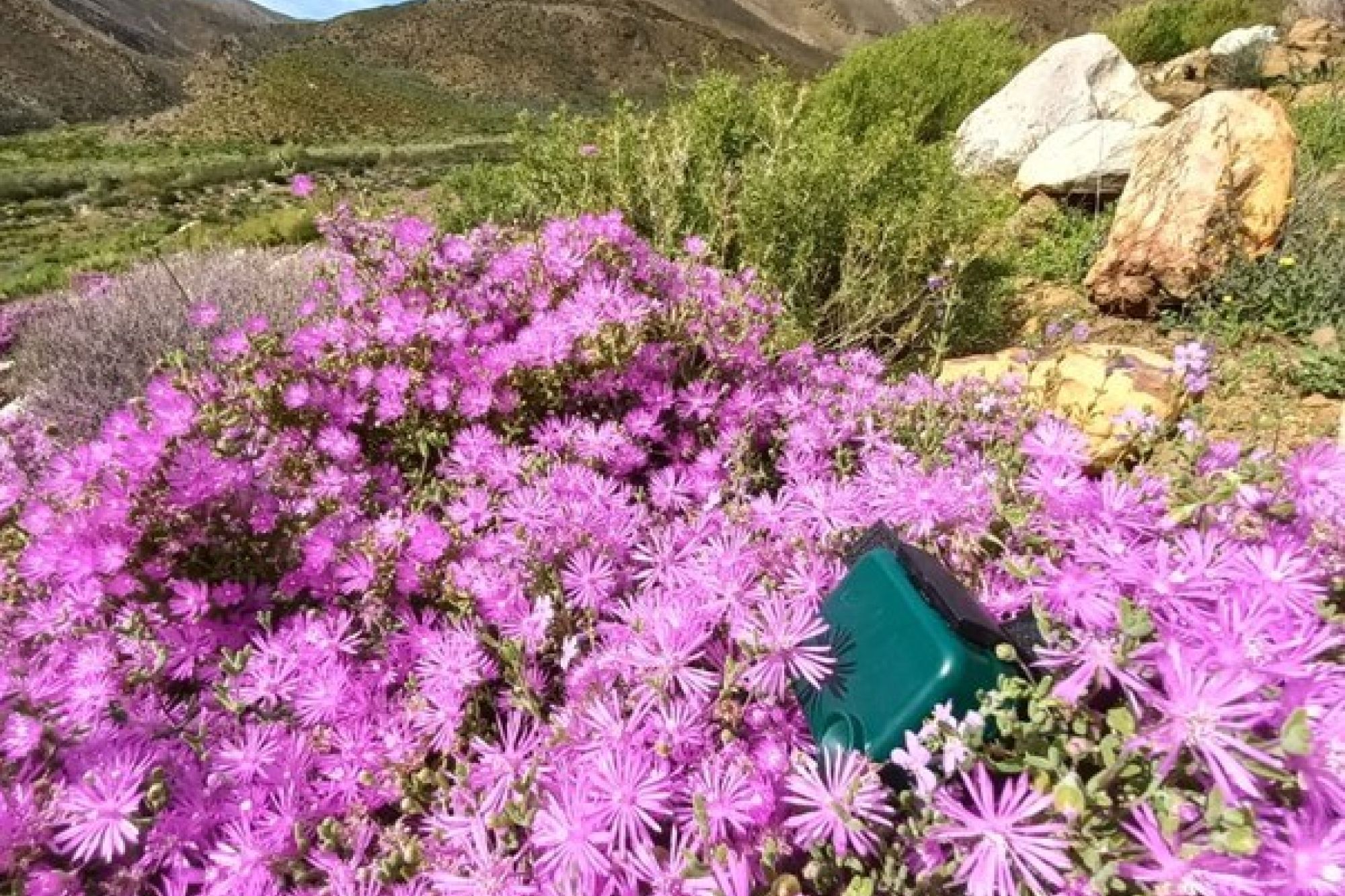
Harnessing the Power of NASA’s Technology to Detect Alien Species
When NASA isn’t spending its time exploring the depths of outer space, its lending its technology for the ambitious BioSCape project, which seeks to detect patterns of biodiversity and ecosystem health in the fynbos biome.
The project makes use of NASA’s cutting-edge hyperspectral sensors, which include AVIRIS-NG, HYTES and PRISM. These sensors cover hundreds of bands across the electromagnetic spectrum and will be augmented by structural sensors such as LVIS to measure the 3D shape of the vegetation.
The incredible diversity of the fynbos makes for an excellent test case and if there are any environment-specific spectral signatures, these instruments should be able to detect them. There are 16 ground and water-based projects measuring multiple biodiversity and environmental parameters. NASA’s jets, which have been fitted with the sensors onboard, are currently surveying the fynbos and surrounding marine areas.
Many of these projects are on CapeNature reserves, which include Anysberg, Cederberg, De Hoop, Gamkaberg, Gamkaskloof, Groenefontein, Grootwinterhoek, Grootvadersbos, Limietberg, Hottentots-Holland, Kammanassie, Keurbooms, Kogelberg, Outeniqua, and Swartberg.
One of the key patterns that we hope to detect is invasive alien plants, which form a major threat to the fynbos and a well-functioning ecosystem. The lower spectral resolution technology currently in use has indicated that it is possible to discover invasive species and the enhanced spectral abilities of the new sensors is likely to provide the nuance that is needed for detecting and mapping scattered populations of invasive alien trees.
Another project that CapeNature is involved with is BioSoundSCape, which is estimating ground diversity by recoding the acoustic diversity of animals that make sounds with programmable remote recording devices (AudioMoths). Once NASA’s new sensors have been tested, they will be deployed on satellites (around 2028), which provides the opportunity for repeated automated measures and thus the ability to monitor certain aspects of the state of fynbos over time.
These large-scale and complex projects are driven and supported by a host of researchers and technical staff from across the world with excellent representation of South African universities, institutes, and agencies.
Many CapeNature staff have been very supportive and actively involved in assisting with the ground data collection, as has an incredible array of volunteers to make this logistical challenge a reality.
What’s left is the mammoth task of analysis and interpretation of these vast data sets. Again, the extensive collaborations will allow the application of cutting-edge technology to turn this incredible trove of data into sensible information over the next few years.
For more information visit https://www.bioscape.io

AudioMoth deployed at Gamkaskloof Nature Reserve to record animal diversity. Photo credit: Alan Lee, Birdlife South Africa.
Related News
How can I assist you today?
How can I assist you today?



